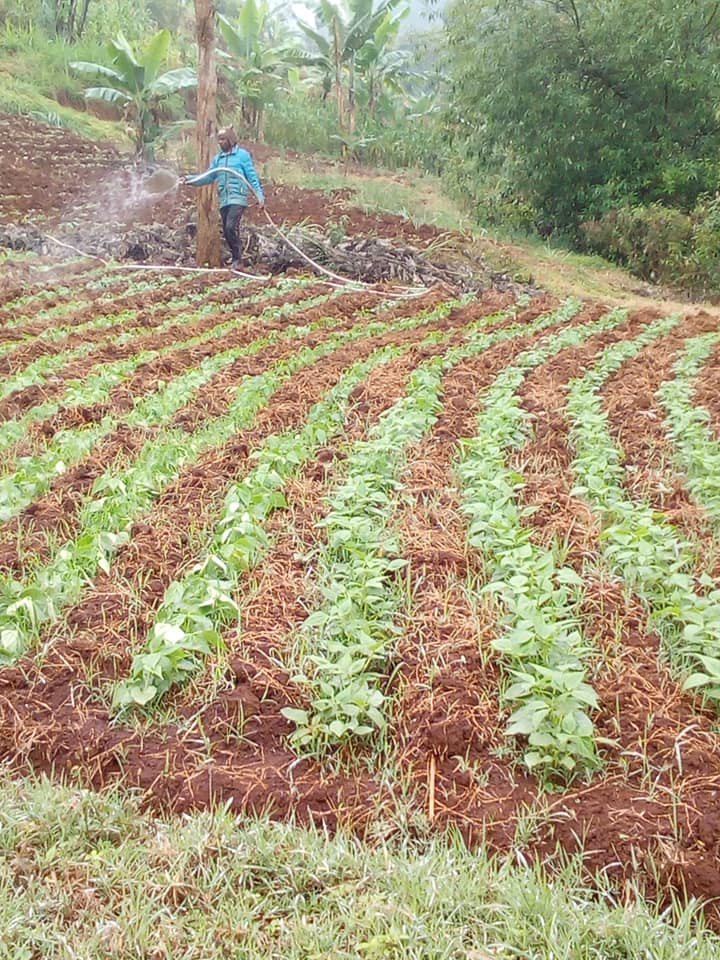
By George Munene
In Kandara, Muranga county, 25 farmers, who banded together as Golden Greengrowers to produce beans on contract for export, have been able to increase their farming acreage, benefit from economies of scale, and supply exporter Total Fresh with 8 to 10 tonnes a week of vanilla French beans.
The group, which is also now running an additional 100 outgrowers, has seen a marked improvement in the lives of its members since they came together as a collectivised operation in 2017. Before that, most of them were farming at a subsistence level, but by forming a group, they have been able to act as a large farmer.
As soon as they were benefiting from their collective large scale, they opted for contract farming, which means they do not need to worry about finding buyers once they have produced their products. They now sell their French beans at Sh60 per kilo, but they aim to acquire their own source of transport, which will increase their selling price to Sh100/Kg.
Related story:Contract farming doubles income for Bomet farmers
Augustino Muiruri, a horticultural consultant and the group’s field man explains that French beans need warm weather and well aerated soil with little hard pans in order to thrive.
French beans are a short-term crop, taking only 49-52 days to mature. This makes them low on maintenance, demanding little in labour costs as they only need to be weeded every so often; making it an ideal crop for many of the group’s young members.
Farmers need 8kg of seeds for an acre, that cost Sh1200. The seeds are sowed directly. Fertiliser is added and then they are manured. From then on, fertiliser is applied on the 3rd and 5th week. Watering is done thrice a week.
The main pests they have to deal with are whiteflies, cutworms, leafminers and thrips. Pesticides for all these can be purchased from accredited agrovets.
Related story:East Africa Breweries Limited takes sorghum contract farming to Kakamega
It has not all been smooth sailing though, said Muiruri, with harvests hit by some issues of poor leadership and with bulk purchases of farm inputs such as manure, fertiliser and chemicals. However, the group has surmounted its challenges to sharply reposition its members.
To get into contract farming, the group had to have at least 3 acres of farmland where it could rotate the crop to maintain a steady supply throughout the year.
Augustino Muiruri’s contacts: 0720 529035
Write comment (0 Comments)



 By John Matava
By John Matava










